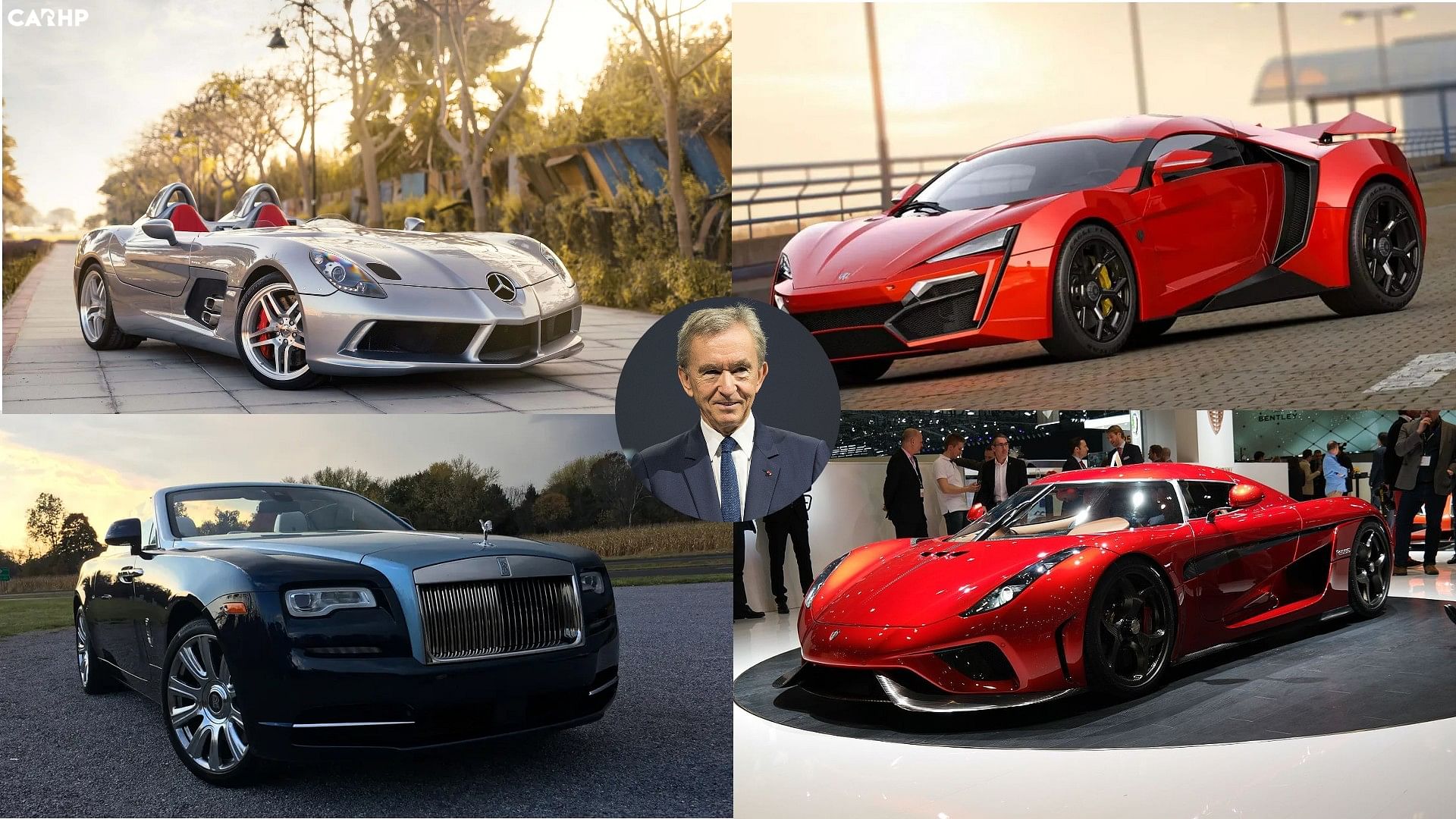
Bernard Arnault, the CEO and chairman of LVMH Moët Hennessy Louis Vuitton SE, is the richest man in the world as of May 1, 2023. With a net worth of nearly $237 billion, Arnault has surpassed Elon Musk, who held the top spot for some time before Tesla’s shares plummeted in late 2022.

Arnault’s success story began when he joined his father’s construction business in 1971 and turned it into a real estate company that sold luxury properties to wealthy clients. However, his real breakthrough came in 1984 when he used his real estate business to acquire Financière Agache, a fashion company that owned luxury brands like Christian Dior. He later consolidated his holdings and formed LVMH in 1987.
Under Arnault’s leadership, LVMH has become the world’s largest luxury goods conglomerate, with a portfolio of over 70 brands, including Louis Vuitton, Dior, Fendi, and Bulgari. The company’s revenue reached $65 billion in 2022, and it has a market capitalization of over $400 billion.
Arnault’s success can be attributed to his ability to recognize and capitalize on the growing demand for luxury goods worldwide. He has also been known to make strategic acquisitions, such as the purchase of Tiffany & Co. for $16.2 billion in 2020. His business acumen has helped him navigate through economic downturns and market fluctuations, allowing LVMH to maintain its dominant position in the luxury industry.
Arnault’s philanthropic efforts have also been noteworthy. He has donated millions of euros to various causes, including art and culture, medical research, and education. In 2019, he and his family pledged $226 million to help rebuild Notre-Dame Cathedral in Paris after a devastating fire.

While Arnault’s wealth has grown significantly in recent years, he has faced criticism for his extravagant lifestyle and perceived lack of concern for income inequality. Some have called for higher taxes on the ultra-rich, including Arnault, to help fund social programs and reduce economic inequality.
Arnault’s rise to the top of the global billionaire list is the result of his decades-long career in the luxury goods industry and his strategic business decisions. However, his success is not without its challenges. For example, the COVID-19 pandemic significantly impacted the luxury goods market, leading to a decrease in sales and profit for LVMH. The pandemic also forced the company to temporarily close stores and delay new product launches.
Despite these challenges, Arnault has continued to pursue his vision for LVMH. In recent years, the company has expanded its portfolio by acquiring new brands, such as Tiffany & Co. and Belmond, a luxury hotel and travel company. LVMH has also embraced new technologies, such as augmented reality and social media, to enhance its marketing efforts and engage with customers.
Arnault’s success and wealth have made him a figure of both admiration and criticism. Some view him as a visionary leader who has revolutionized the luxury goods industry, while others see him as a symbol of income inequality and corporate greed. In response to criticism, Arnault has defended his wealth and the role of the ultra-rich in society, arguing that their investments and philanthropy help create jobs and stimulate economic growth.

As Arnault continues to lead LVMH and amass wealth, his legacy is likely to be shaped by his business decisions, philanthropic efforts, and stance on income inequality. The luxury goods industry remains a key part of the global economy, and Arnault’s leadership has played a significant role in shaping its direction and growth.
Arnault’s contributions to philanthropy have also been recognized by the French government, which awarded him the title of “Grand Officier de la Légion d’honneur” in 2011. He has also been honored with numerous awards and distinctions for his contributions to business and society.
Despite his philanthropic efforts, Arnault has faced criticism for his lavish lifestyle and perceived lack of concern for income inequality. He has been the subject of protests and calls for higher taxes on the ultra-rich, including himself. However, Arnault has defended himself against such criticism, arguing that his wealth and success have led to job creation and economic growth.
Arnault’s position as the world’s wealthiest person also reflects the growth and dominance of the luxury goods industry. The demand for high-end fashion and luxury goods has grown significantly in recent years, especially in emerging markets such as China and India. LVMH’s success is a testament to the increasing globalization and commercialization of the luxury goods market.
However, the luxury industry is not immune to challenges and risks. The COVID-19 pandemic, for example, has had a significant impact on the industry, causing store closures, supply chain disruptions, and a decline in consumer demand. LVMH’s revenue declined by 17% in 2020 due to the pandemic, although it has since rebounded.
In addition, the luxury industry faces ongoing challenges related to sustainability and ethical production. Consumers are increasingly concerned about the environmental and social impact of the products they purchase, and LVMH has faced criticism for its use of exotic skins and fur in some of its products. Arnault has acknowledged these concerns and has pledged to make LVMH a leader in sustainable luxury.
In conclusion, Bernard Arnault’s rise to the top of the global billionaire list is a reflection of his decades-long career in the luxury goods industry, his strategic business decisions, and his contributions to philanthropy. As the CEO and chairman of LVMH, he has led the company to become the world’s largest luxury goods conglomerate, with a portfolio of over 70 brands. Arnault’s success also reflects the growth and globalization of the luxury goods market, although the industry faces ongoing challenges related to sustainability and ethics. As Arnault’s wealth continues to grow, he may face increasing scrutiny and criticism from those who advocate for higher taxes on the ultra-rich and greater accountability for their wealth and influence.